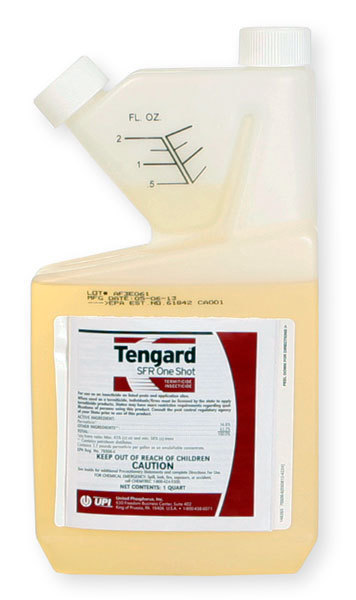Tick / Fly Control
Tick Control
The main reasons for tick control are to protect hosts from irritation and production losses, formation of lesions that can become secondarily infested, damage to hides and udders, toxicosis, paralysis, and of greatest importance, infection with a wide variety of disease agents. Control also prevents the spread of tick species and the diseases they transmit to unaffected areas, regions, or continents.
Tick Facts
serious diseases to humans and other animals.
Fly control
Flies are a nuisance for both livestock and people causing stress and irritation. Under typical climatic conditions up to 15 generations of flies can be produced in just one year1
Flies are responsible for the spread of diseases in livestock including some which are transmissible to humans (zoonotic). Flies have been identified as disease vectors for avian influenza, swine dysentery, salmonella and New Forest Eye, to name a few.


